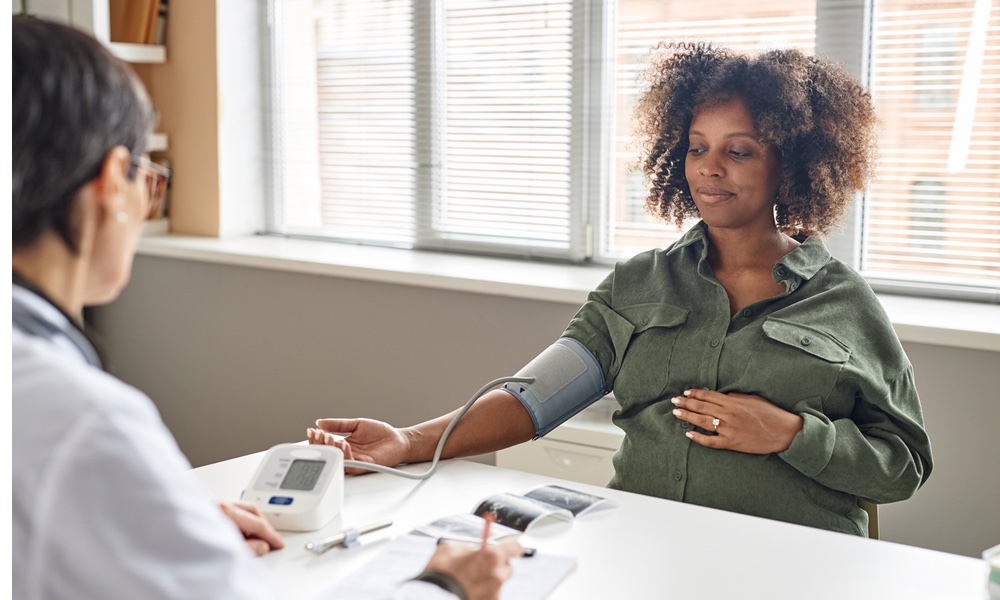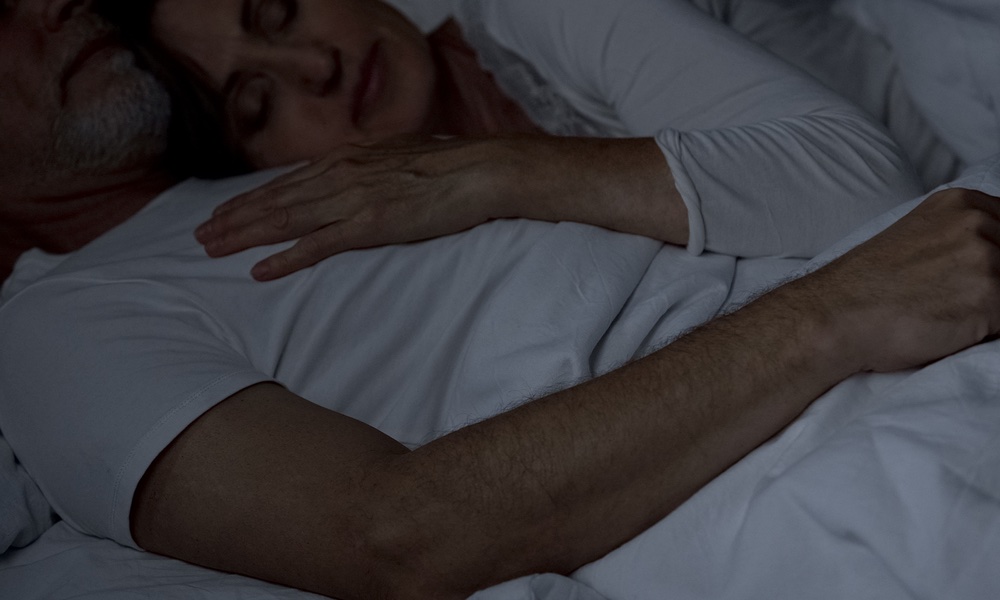Past studies have shown that a lack of social connectedness leads to poorer health in the elderly. A new study goes a bit deeper. It once again found that elderly individuals who had a measurably small social network reported poorer physical health. But it was how an individual felt about their social life that mattered most. Those who felt isolated and lonely reported both poorer physical and mental health. These feelings are personal and don't always show up when looking at how rich or poor a person's social life seems on the surface.
How do you measure someone's loneliness? Often, this comes down to measuring how many people they interact with, how often they do this and how much time they spend alone. People with many friends and family members or who are involved in many group activities are considered socially connected; those with fewer are considered less connected or disconnected. But loneliness and isolation are intensely personal feelings that don't always match an outsider's view of another person's social situation. Many people who have a seemingly rich social network can still feel lonely or isolated. Others actually enjoy time spent alone. Being alone and feeling lonely are not necessarily the same thing. And there's only one person who can tell the difference.Loneliness and isolation are intensely personal feelings that don't always match an outsider's view of another person's social situation.
Whether you're a family member, friend or caregiver, the only way to be sure of what someone is feeling is to ask. In this study, the researchers asked.
The study looked at roughly 3,000 people, aged 57-85. Participants were asked to evaluate their own health. Detailed records, including interviews, allowed the researchers to assess the social connectedness of the study participants. Participants with fewer social connections reported poorer physical health. The researchers suggest this may be due to practical factors, such as the lack of someone to drive a person to a doctor's appointment or remind them to take their medicine. But this disconnectedness only led to worsened mental health if it also caused feelings of isolation and loneliness; those who felt the most isolated reported 65% more depressive symptoms than those who felt the least isolated.
Those the researchers deemed socially connected were three times more likely to rate their health as good or excellent than the other study participants were; participants who actually felt the least isolated were five times as likely to rate their health as good or excellent.
Aging often results in a shrinking circle of family and friends. Retirement, bereavement and health problems all contribute to this. Yet some people are better able to cope with these losses than others are. Understanding how they can face these challenges without feeling so lonely, isolated and abandoned could be a first step in teaching those who are feeling the most abandoned how to lead happier lives.
The study was an analysis of information collected during the National Social Life, Health and Aging Project, which took place between 2005 and 2006. Study results were published in the March 2009 issue of Journal of Health and Social Behavior.




